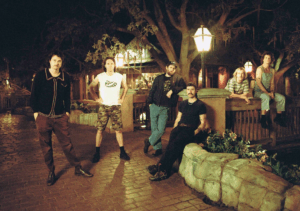Every Pulp Album, Ranked
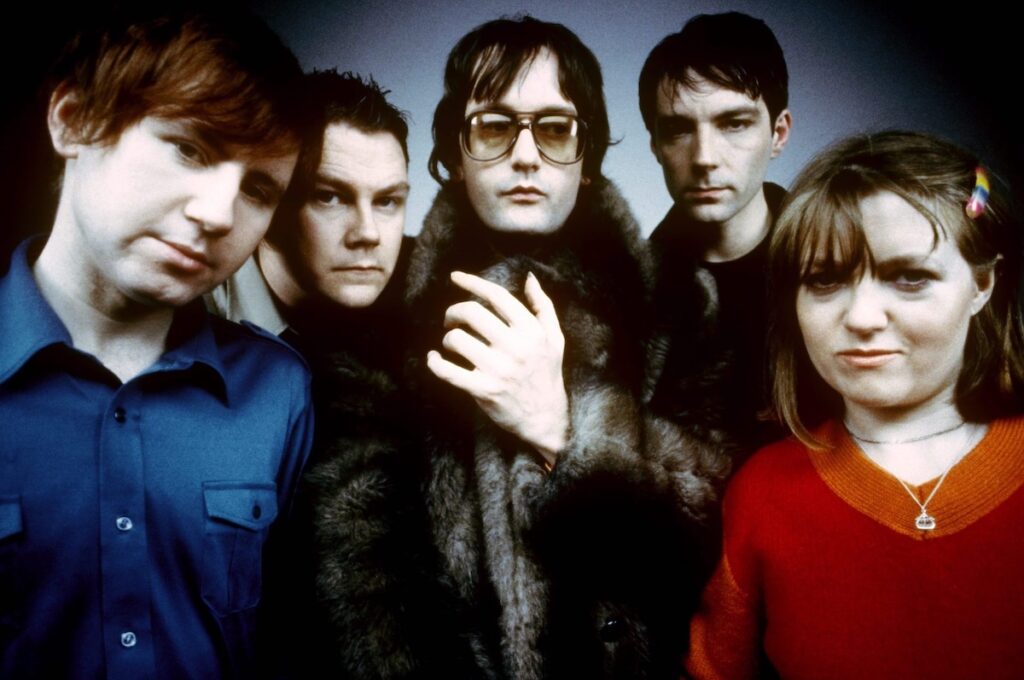
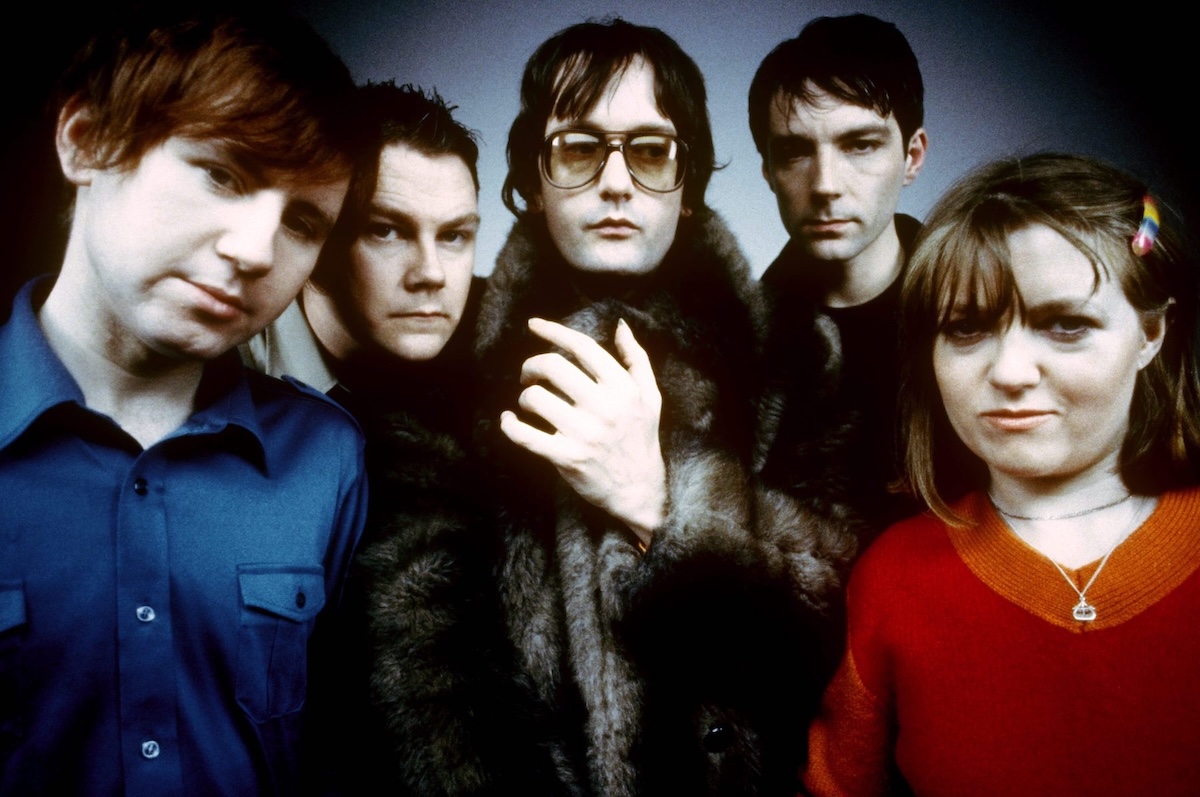
Jarvis Cocker formed Pulp in Sheffield in 1978, and kept the band going for about 15 years before anybody else cared about it. Over the course of Pulp’s early albums for Fire Records, though, Cocker gradually became a charismatic vocalist and a devastatingly intelligent lyricist. And piece by piece, he assembled the classic Pulp lineup: drummer Nick Banks, keyboardist Candida Doyle, bassist Steve Mackey, guitarist/violinist Russell Senior, and guitarist Mark Webber.
In the mid-’90s, a string of singles like “Babies,” “Disco 2000,” and the deathless “Common People” made Pulp into U.K. chart fixtures, although they never managed to break America like the other top bands of the Britpop era, Oasis and Blur. Cocker weathered his share of controversies, including mooning Michael Jackson at the Brit Awards and being denounced by the Daily Mail for writing about rave drugs on Pulp’s hit “Sorted for E’s & Wizz,” but Pulp never stopped making great records once they hit their stride.
More from Spin:
- Patrick Wolf Returns to Make Us Weep
- Bruce Springsteen Unearths His Many ‘Lost’ Eras On ‘Tracks II’
- Devo, The B-52s Make Touring Team
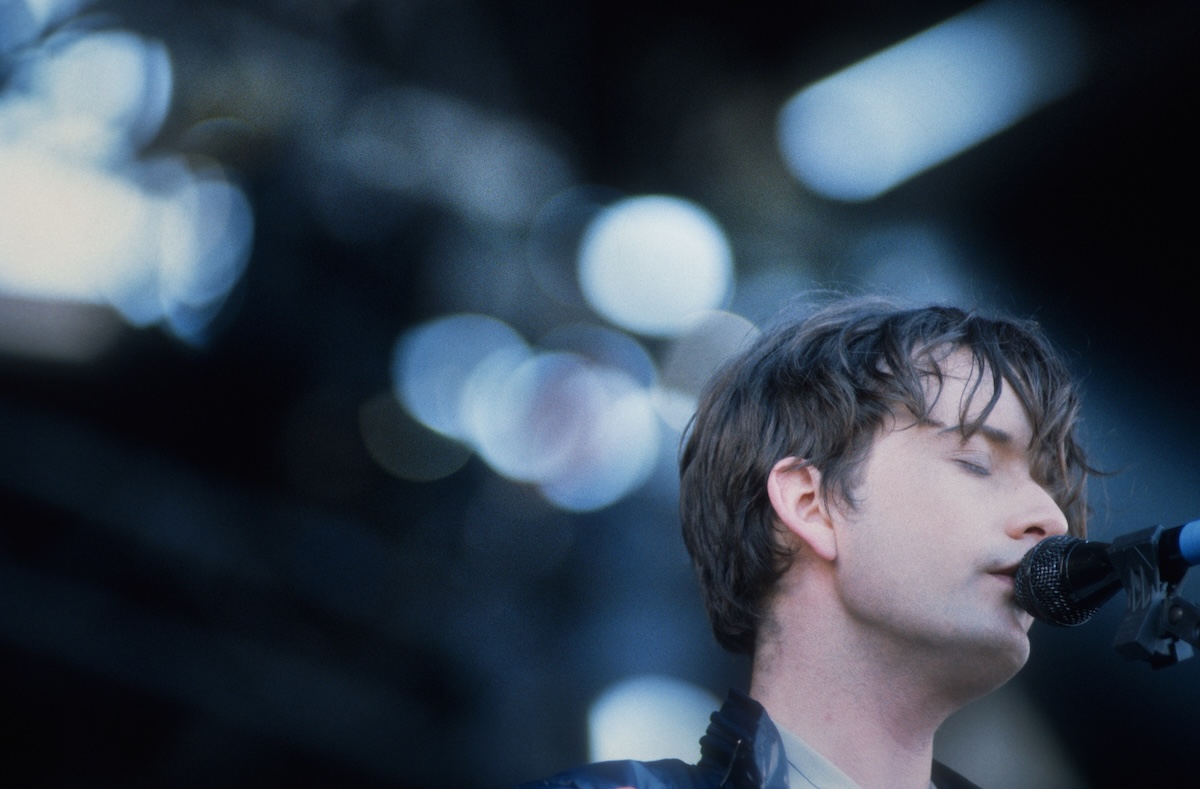
Pulp disbanded in 2002, but most of the members remained musically active, sometimes even playing on Cocker’s solo albums. The ‘90s lineup of Pulp reunited to tour from 2011 to 2013, releasing just one new song, “After You.” Since returning for more concerts in 2023, however, Pulp quickly began testing out new songs on the road. And earlier this month, Pulp released More, the band’s first album in over 23 years.
We’ve ranked every Pulp album, including More, along with solo works and side projects by Cocker, the only consistent member of every lineup of Pulp.
16. It (1983)
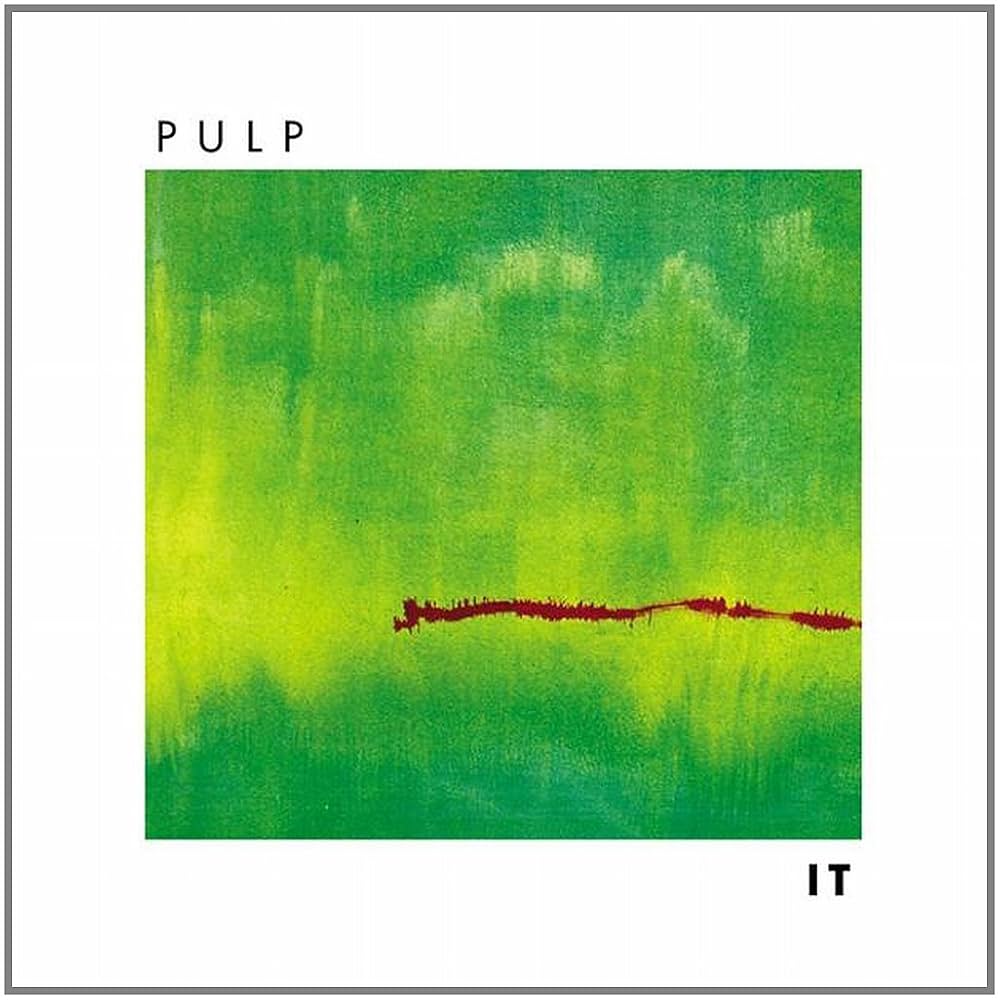
It can be jarring to realize that the inauspicious first Pulp album It (get it? “pulpit”?) was released back in 1983, the same year as classic debuts by R.E.M., Sonic Youth, Madonna, and Metallica. Pulp’s earliest songs were gentle and folky, and the drums are mixed so low on It that they may as well not be there. But even at 19 years old, Cocker was writing lyrics like those in “Wishful Thinking” that were equal parts emotionally vulnerable, intellectually sharp, and unabashedly horny. None of Cocker’s bandmates on It stayed in Pulp for very long, although guitarist Simon Hinkler, who produced the album and co-wrote the single “My Lighthouse,” would go on to some success with the goth rock band the Mission.
15. Chansons d’Ennui Tip-Top by Jarvis Cocker (2021)
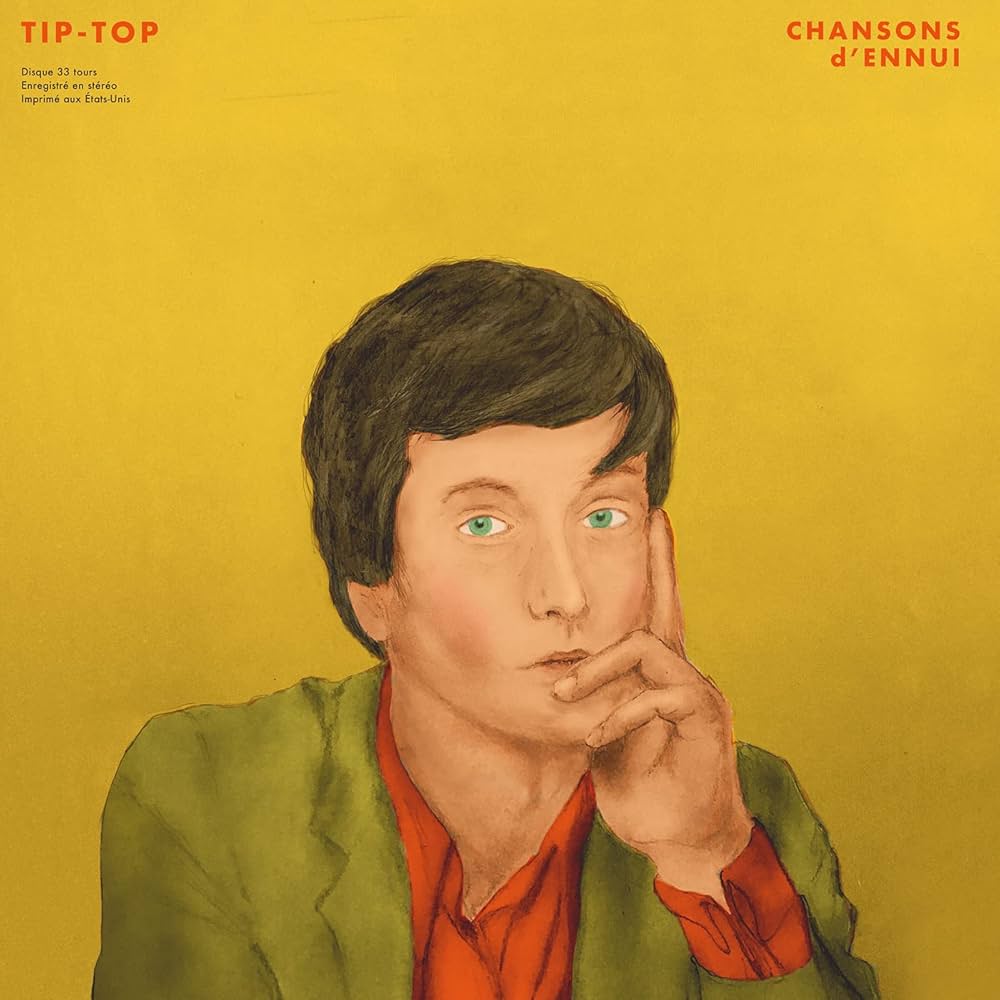
Cocker first collaborated with American director Wes Anderson for 2009’s Fantastic Mr. Fox, appearing as a stop-motion animated farmer who performs a song about the titular fox. For 2021’s The French Dispatch, Cocker made another vocal cameo as a French singer named Tip-Top. The week of the film’s wide release, Cocker issued a companion album of Tip-Top’s covers of French pop classics by Brigitte Bardot, Serge Gainsbourg, Francoise Hardy, and others. Stereolab’s Laetitia Sadier joins in for a duet of “Paroles, Paroles,” originally recorded by Dalida and Alain Delon. Cocker, who married a French woman and lived in Paris for several years in the early 2000s, has a good feel for the language and the lush ’60s arrangements, but Chansons d’Ennui Tip-Top isn’t much more than a fun little musical costume party to build out Wes Anderson’s cinematic universe.
14. Freaks (1987)
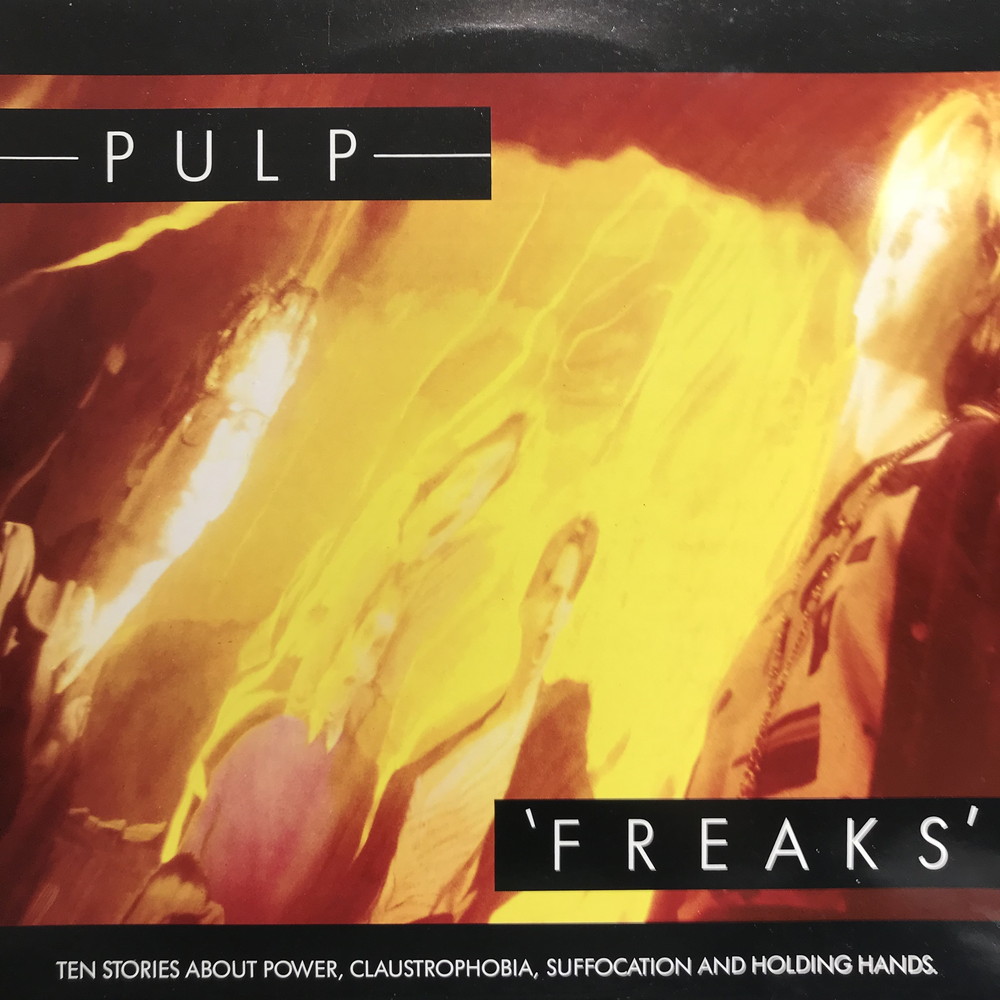
Freaks is the first album to feature Doyle and Senior as Pulp began to cohere into a band rather than a rotating cast of backing players for Cocker. It’s also an odd, sullen collection that features two of the few Pulp songs with lyrics and lead vocals by someone other than Cocker, with Senior singing both the irritating opener “Fairground” and the minor classic “Anorexic Beauty.” “Freaks is so glum it hurts. There is no room for joviality here,” Richard “Mr Spencer” Newson wrote in the Sounds review of the album.
13. Beyond the Pale by Jarv Is… (2020)

The only time Cocker has formed a band outside of the Pulp banner was the cleverly named Jarv Is… with members of the All Seeing I, Three Trapped Tigers, and the James Taylor Quartet. Although it sounds like a conventional studio album, Beyond the Pale was partly recorded during the band’s early concerts, with Cocker later overdubbing his vocals. “House Music All Night Long” and “Must I Evolve?” both reminisce about the transcendent abandon of ’80s U.K. rave culture, but neither song has enough energy to sound good on a dancefloor. Beyond the Pale was warmly reviewed and became Cocker’s highest charting non-Pulp work in the U.K., but it’s just about the only album he’s made that I would characterize as overrated.
12. Masters of the Universe (Pulp on Fire 1985-1986) (1994)
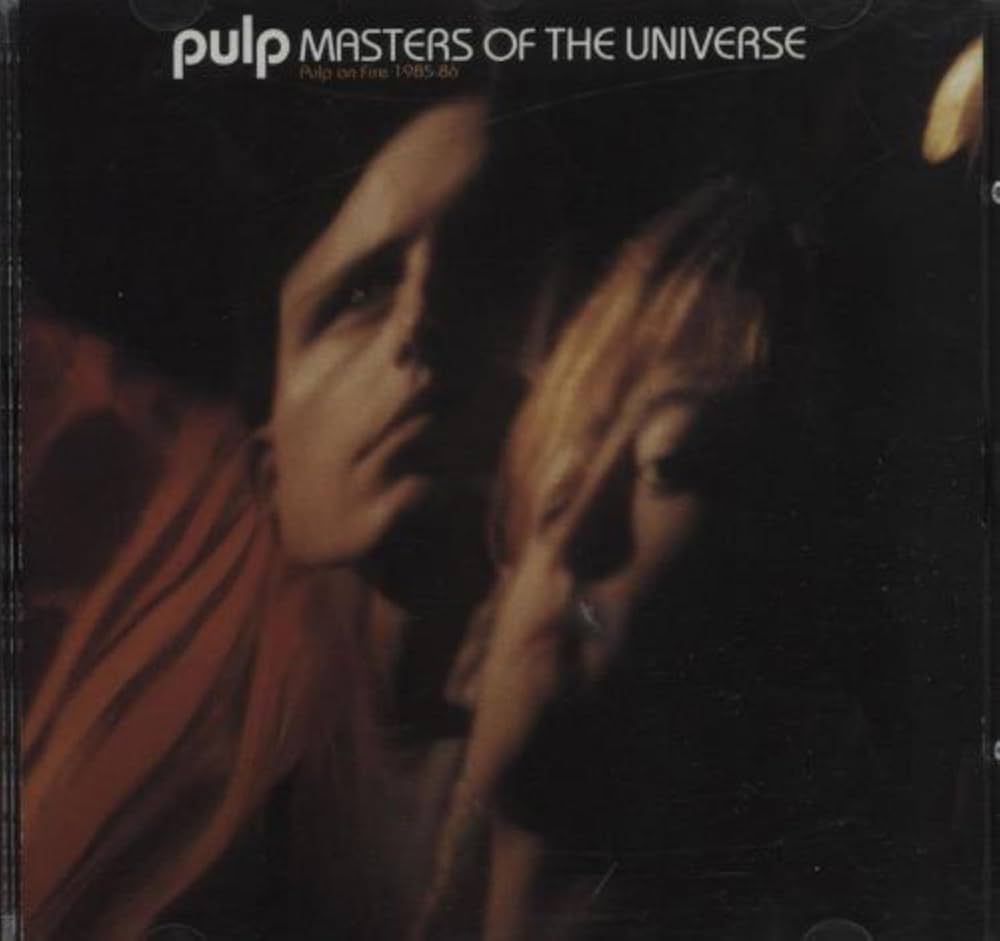
Pulp started to finally taste commercial success shortly after leaving their longtime label Fire Records, and Fire cashed in with a compilation of singles originally released in the mid-’80s. As was often the case with bigger British bands of the era like New Order and the Cure, the most accessible early Pulp songs were often reserved for non-album singles. “Dogs Are Everywhere” and “Master of the Universe” are some of the band’s first memorable tracks, but Pulp were still just getting warmed up and finding an identity.
11. Intro – The Gift Recordings (1993)
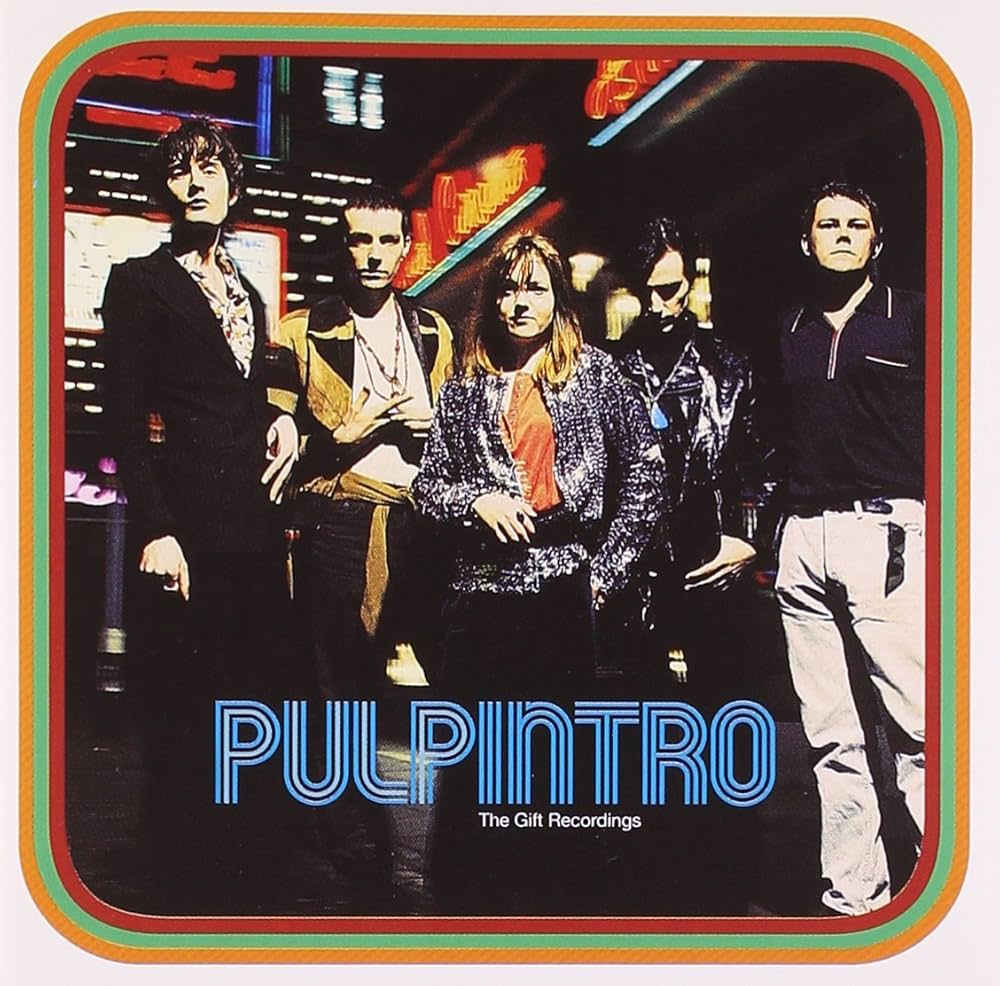
Another compilation released during Pulp’s rise to fame features material that Pulp released on Gift Records after Separations. Cocker was friendly with the Sheffield electronic label Warp Records in the early ’90s, directing music videos for Warp artists including Aphex Twin and LFO, and Warp created Gift as an imprint for pop/rock acts. When Pulp caught the attention of major labels, Island Records collected those singles as Intro ahead of His ‘n’ Hers. “Razzmatazz” and the original mix of “Babies” really mark the beginning of Pulp as a pop band. And the collection ends with the 12-minute suite “Inside Susan – A Story in 3 Parts,” sort of a mini-rock opera that showed Cocker’s growing creative ambitions.
10. Room 29 by Jarvis Cocker and Chilly Gonzales (2017)
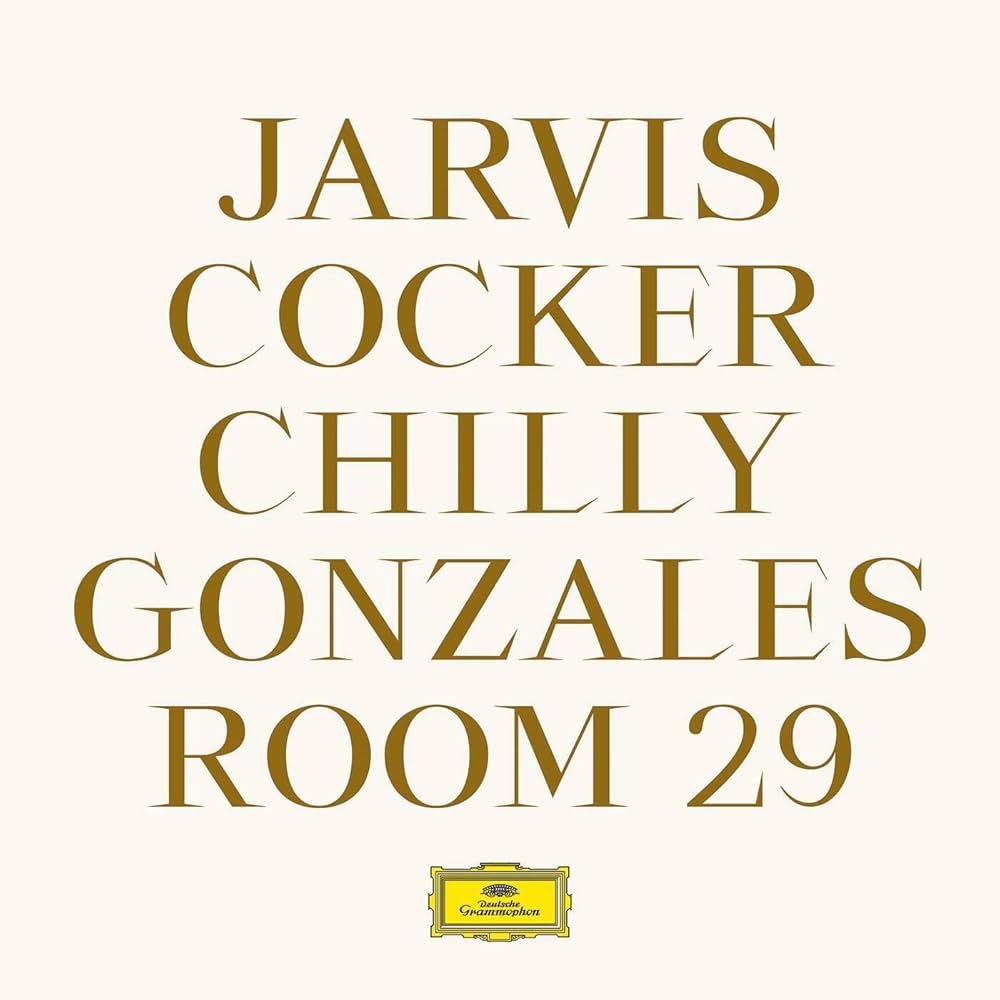
Before Canadian pianist Chilly Gonzales became the only featured guest on Pulp’s new album More, he’d worked with everyone from Daft Punk and Drake to Feist and Richie Hawtin. He also partnered with Cocker for the quietest album in the Pulp frontman’s career, a concept album about the legendary L.A. hotel Chateau Marmont. The ambitious song cycle ruminates on the glamor, tragedy, and pathos of Old Hollywood, all expressed in intimate arrangements that rarely feature more than gentle piano and some of Cocker’s most restrained vocal performances. After Cocker had gone nine years without releasing a set of new songs, Room 29 was a muted yet potent return that paved the way for subsequent Jarv Is… and Pulp albums.
9. Separations (1992)
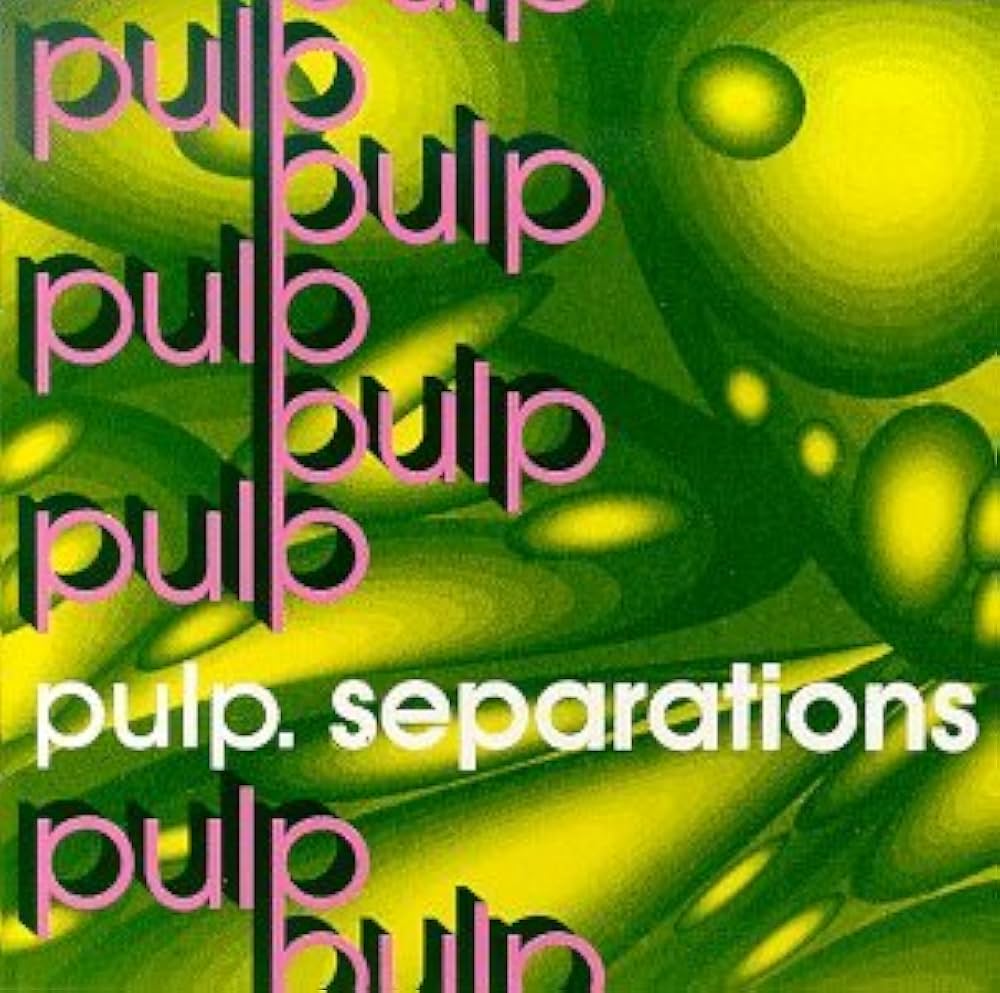
Pulp finally started to get somewhere with their third album for Fire Records, but by the time the aptly named Separations was released, Pulp had distanced themselves from the label and the album. “My Legendary Girlfriend” was named NME’s Single of the Week and the band began receiving regular invites to perform on BBC programs, a decade after their first Peel Session. Separations sounds almost like it’s a transitional album by design, with side 1 featuring slow, ominous songs in the style of ’80s Pulp and side 2 unveiling the more stylish and danceable ’90s Pulp. “The band provide a thrift-store synthesised opera while the broken but undaunted Cocker delivers weepies that Bobby Goldsboro would die for,” Shaun Phillips wrote in the Vox review of Separations.
8. This is Going to Hurt (Original Score) by Jarv Is… (2022)

When Adam Kay’s memoir This is Going to Hurt: Secret Diaries of a Junior Doctor was adapted into a BBC series starring Ben Whishaw, Jarv Is… was enlisted to write theme music, an instrumental score, and one original song for each episode. And Kay’s darkly funny stories about the grim realities of working in a hospital inspired Cocker to write about human frailty and the strange social dynamics of medical work with the same mix of wit and gravity he brought to the Pulp classic “Help the Aged.” This is Going to Hurt didn’t get as much attention as Beyond the Pale, but it’s a more emotionally resonant collection that allows the band to craft a subdued sound a little further removed from the Pulp aesthetic.
7. Jarvis by Jarvis Cocker (2006)
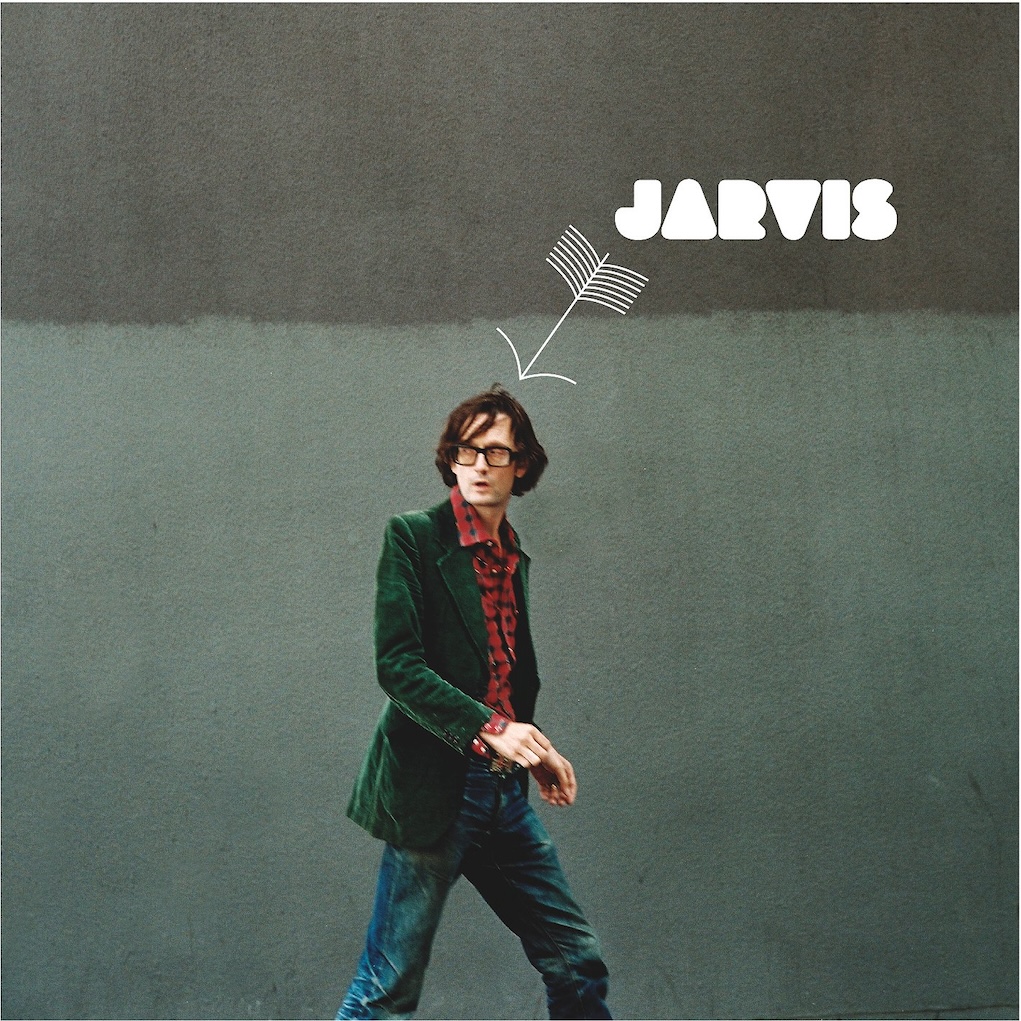
After Pulp disbanded, Cocker seemed to take it easy for a while. He got married, moved to France and collaborated with Air and Charlotte Gainsbourg, and he filmed a cameo in a Harry Potter movie. And then five years after We Love Life, Cocker returned with a breezily confident solo debut, still collaborating with some of his Pulp bandmates. “Don’t Let Him Waste Your Time” and “I Will Kill Again” offered Cocker’s signature barbed wit, while “Big Julie” is one of his most moving and empathetic character sketches. Cocker’s song for the closing credits of the sci-fi film Children of Men, “Running the World” (as in “cunts are still running the world”), was included as a hidden track at the end of Jarvis. In 2019, fans mounted an unsuccessful campaign to get it to No. 1 on the U.K. singles chart on Christmas day, and it now appears as the opening song on Jarvis on streaming services.
6. More (2025)
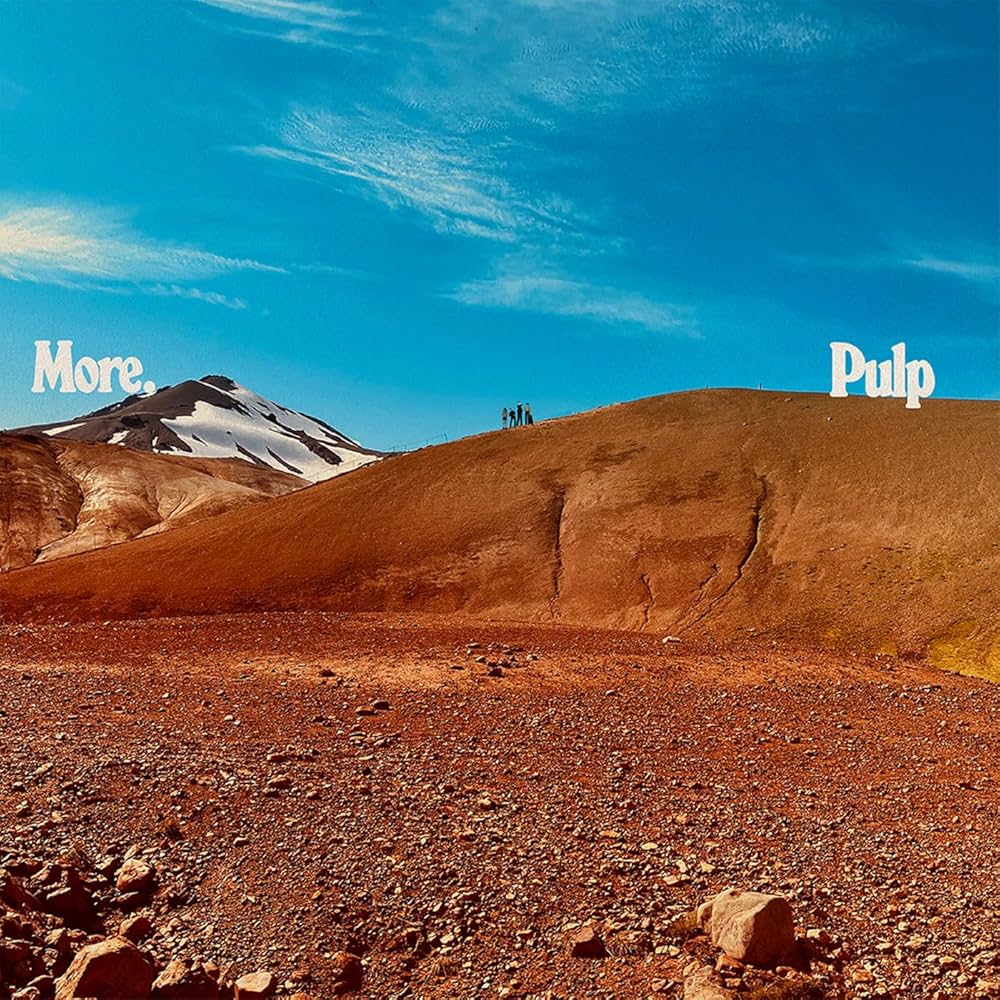
During Pulp’s original run, they never made an album that could be fairly characterized as “more of the same.” But More, true to its name, gives fans a generous new portion of that glossy, synth-driven sound that Cocker, Doyle, Webber, and Banks have been making together on and off for more than 30 years. Mackey, who died in 2023, co-wrote two of the best songs, “Grown Ups” and “Got to Have Love.” And on the latter, Cocker still knows how to say something beautiful and profound in a slightly disgusting way (“Without love, you’re just jerking off inside someone else”). Producer James Ford has already given a subtle 21st century facelift to recent albums by other veteran British groups like Depeche Mode, Blur, and Pet Shop Boys, and once again does a good job of letting Pulp sound like themselves without seeming stuck in the past.
5. We Love Life (2001)
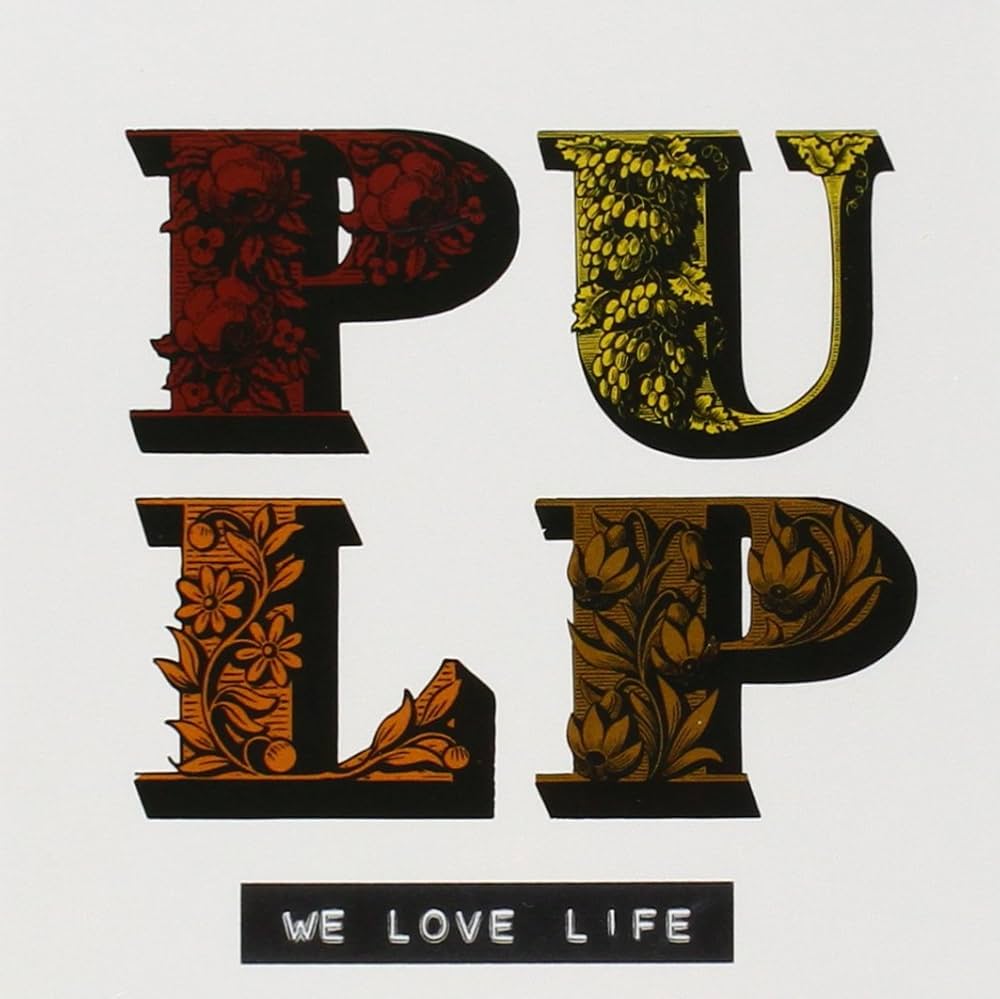
In the late ’60s, Scott Walker transitioned from conventional pop stardom with the Walker Brothers to a series of increasingly avant-garde solo albums that influenced generations of musicians, Jarvis Cocker among them. In 2001, the somewhat reclusive Walker was hired to produce We Love Life and helped usher Pulp toward an autumnal sound that was a little less overtly pop. A pastoral theme runs through songs like “Weeds,” “Sunrise,” and “The Birds in Your Garden” that are still spiked with irreverent humor and drama. The last Pulp single released before the band’s breakup, “Bad Cover Version,” was a fitting sendoff that compares an ex’s mediocre new boyfriend to the fallow periods of long-running bands and TV shows—even a low point of Walker’s career (“the second side of ‘Til the Band Comes In”) gets mercilessly namechecked. “The cheap synths that made their last few albums so delightfully sleazy are almost completely absent, replaced by Mark Webber’s well-developed guitar melodies and a more peripheral role for the electronics,” Joe Tangari wrote in the Pitchfork review of We Love Life.
4. “Further Complications” by Jarvis Cocker (2009)
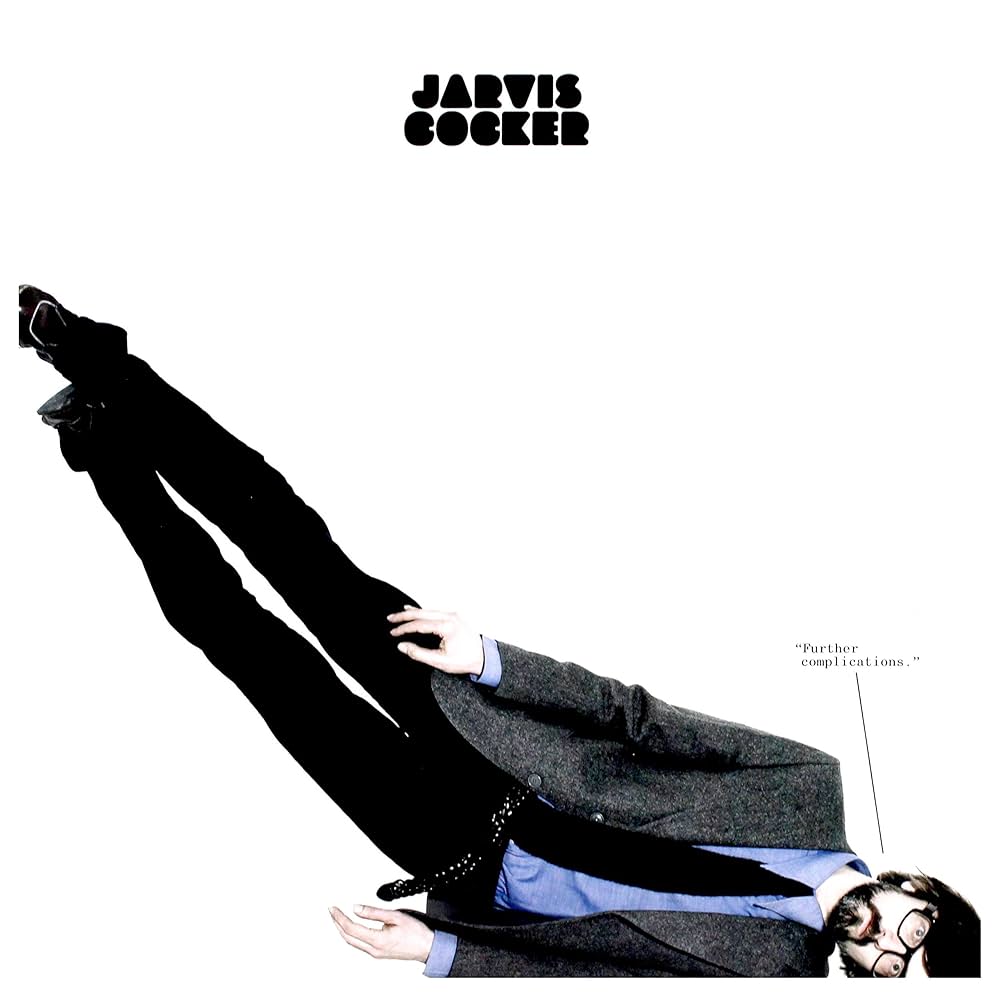
Despite forming Pulp right in the midst of the British punk explosion, Cocker never really made particularly loud or fast records, and even Pulp’s anthems tended to sound more like ABBA than the Clash. So making a sludgy record with Chicago punk deity Steve Albini wasn’t a “back-to-basics” move so much as an unexpected pivot for Cocker’s second solo album. And part of the joy of Further Complications is that Cocker walked into Electrical Audio with the kind of songs he always writes, including the hypnotic 8-minute dance track “You’re in My Eyes (Discosong),” and let Albini simply capture them with raw, unvarnished energy.
3. His ‘n’ Hers (1994)
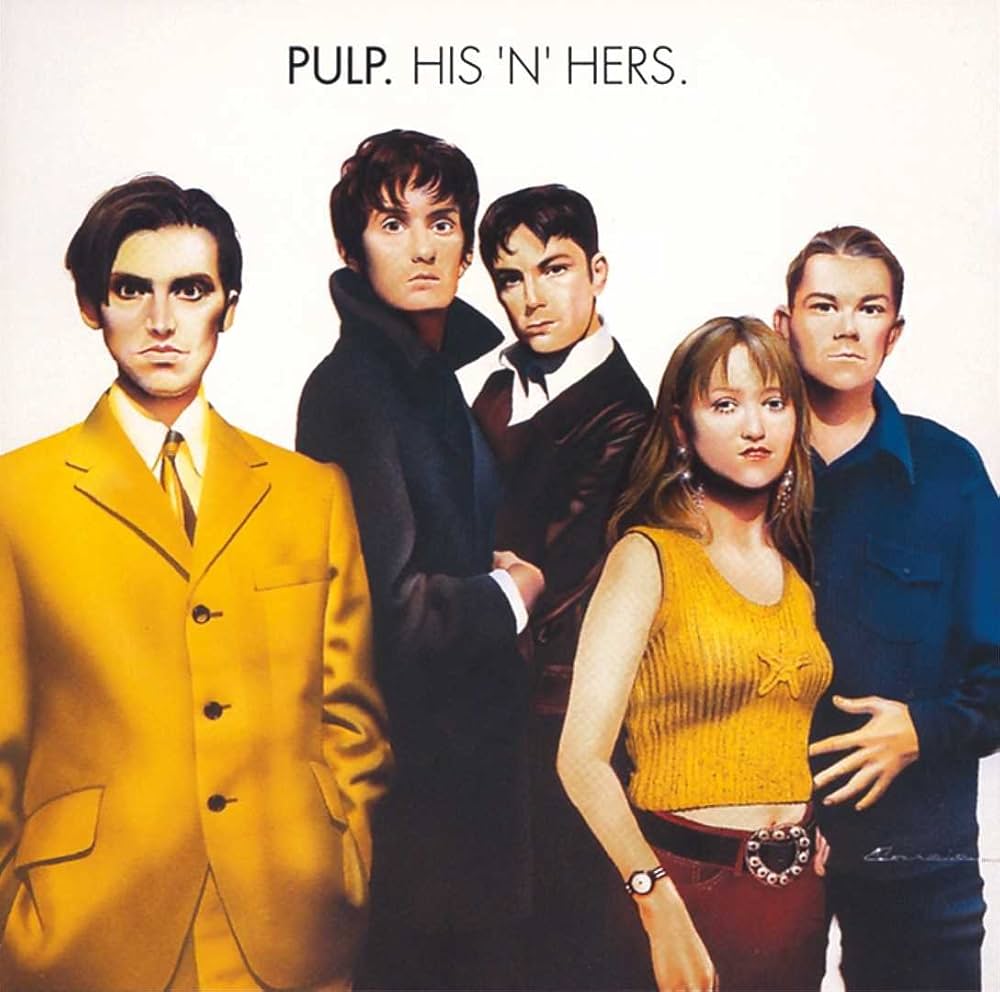
Pulp had been around so much longer than all the other bands lumped together as “Britpop” in the mid-’90s that they easily could’ve seemed like old has-beens jumping on a bandwagon. But Pulp’s Roxy Music–influenced sound and class-conscious lyrics made them a natural fit for the emerging scene, and Ed Buller, who’d produced Suede’s massively popular 1993 debut, helped plug His ‘n’ Hers right into the zeitgeist. From the surging hooks of “Do You Remember the First Time?” and “Babies” to the spoken word–heavy closing track “David’s Last Summer,” His ‘n’ Hers is overflowing with vivid emotions from memories of adolescence, full of longing and lust and regret, and it turned Cocker into an unlikely sex symbol.
2. This is Hardcore (1998)
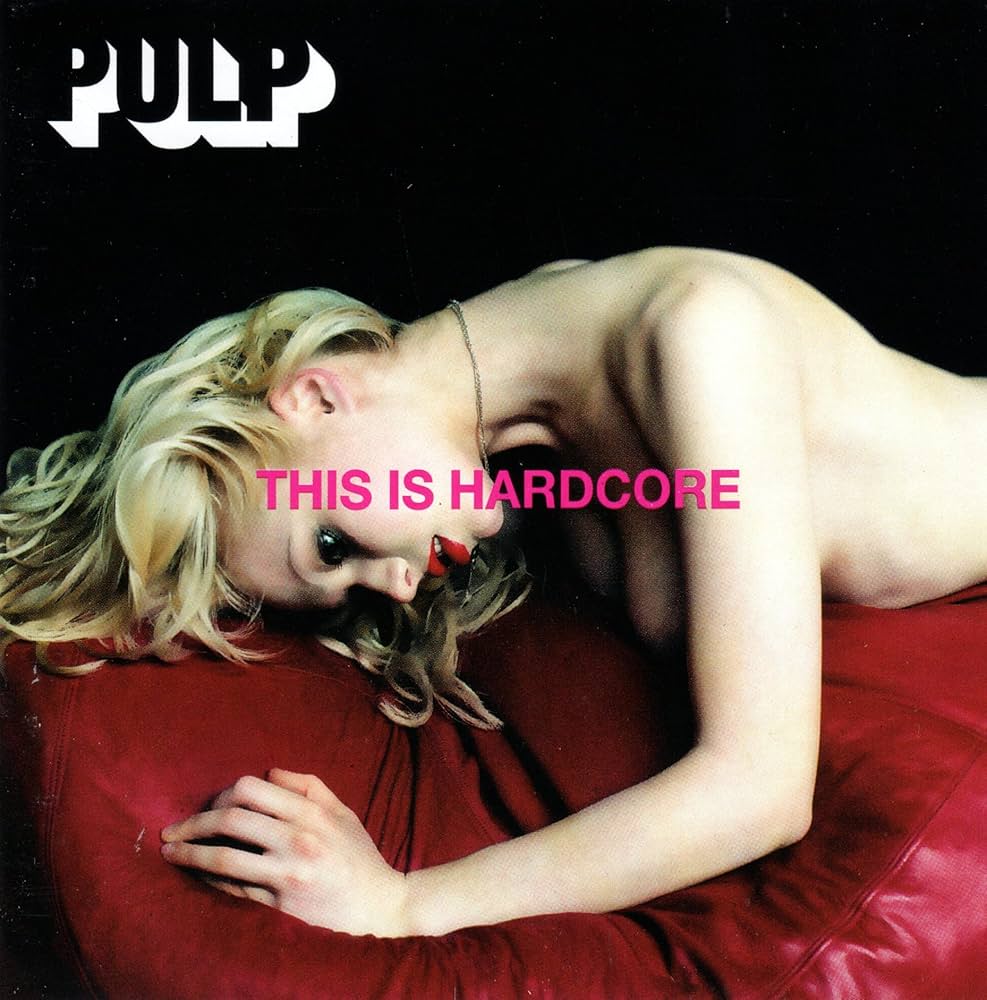
“You’re gonna like it, but not a lot,” Cocker intones over an ominous riff that could anchor a horror movie score on “The Fear,” the opening track to an album recorded under the working title Cocaine Socialism. Most bands that reach a pinnacle of success like they achieved with 1995’s Different Class try pretty hard to stay at the top, but This is Hardcore is an unapologetically dark, debauched, and depressed dispatch from Cocker at the height of his fame. But it’s not just one of those self-involved albums about how show business isn’t all it’s cracked up to be, with Cocker writing thoughtfully about his estranged father on “A Little Soul” and the challenges of getting old on “Help the Aged.” On This Is Hardcore, Pulp make it clear they have outgrown Britpop and belong right up there with Ray Davies and Costello and Morrissey, those who look at England with a satirist’s eye and a balladeer’s heart,” Nick Hornby wrote in the SPIN review of the album.
1. Different Class (1995)
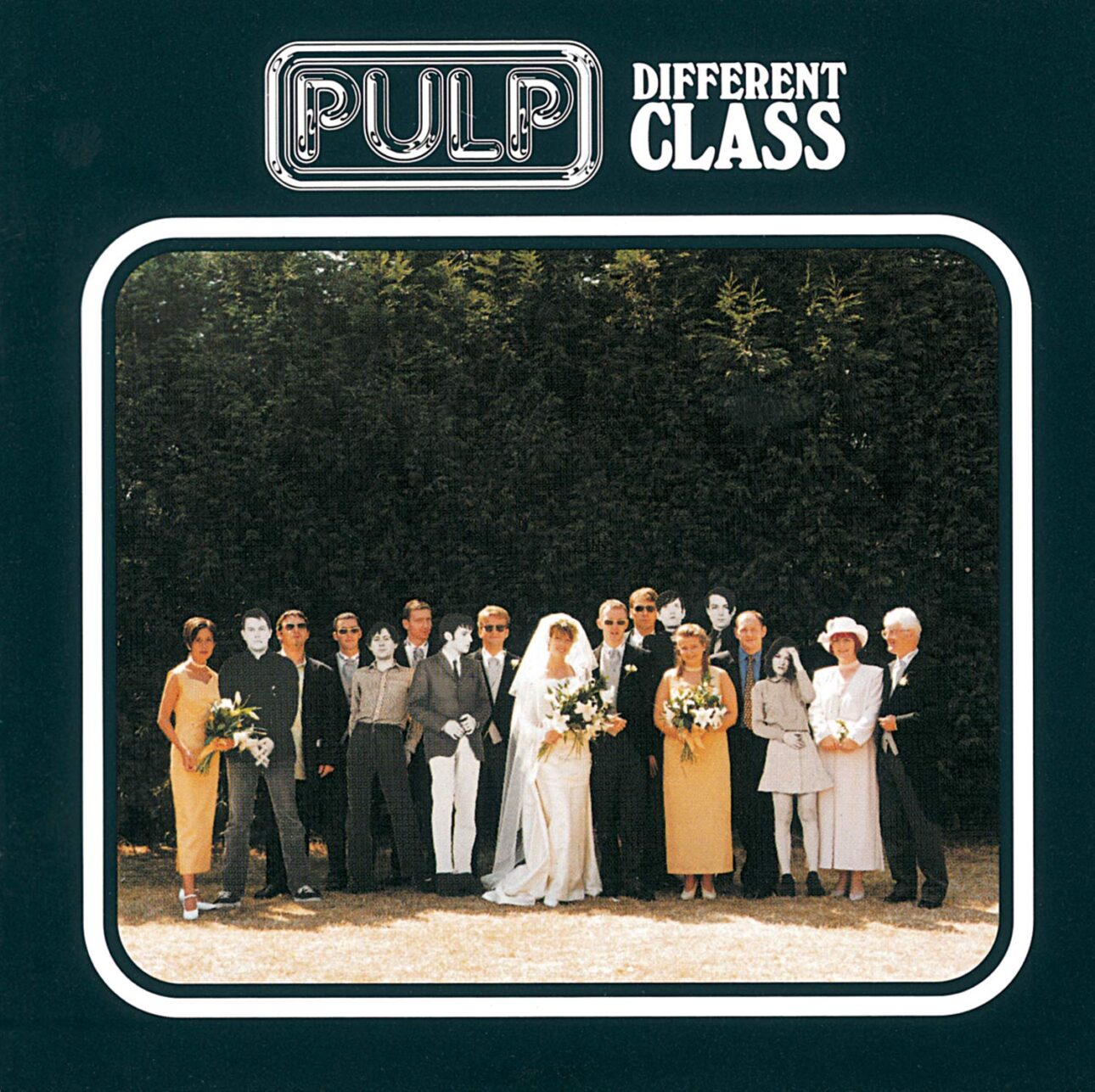
“Common People” is such an unstoppable, career-defining single that crystallizes everything Pulp had been trying to do for over a decade that the band probably would’ve ruled 1995, stole the spotlight at Glastonbury, and won the Mercury Prize even if the other 11 tracks on Different Class were uninspired filler. But the album, one of many British rock classics produced by Chris Thomas, is simply one masterpiece after another, a rollercoaster ride from the exhilarating highs of “Common People” and “Disco 2000” to the harrowing catharsis of brooding epics like “I Spy” and “F.E.E.L.I.N.G.C.A.L.L.E.D.L.O.V.E.
To see our running list of the top 100 greatest rock stars of all time, click here.

